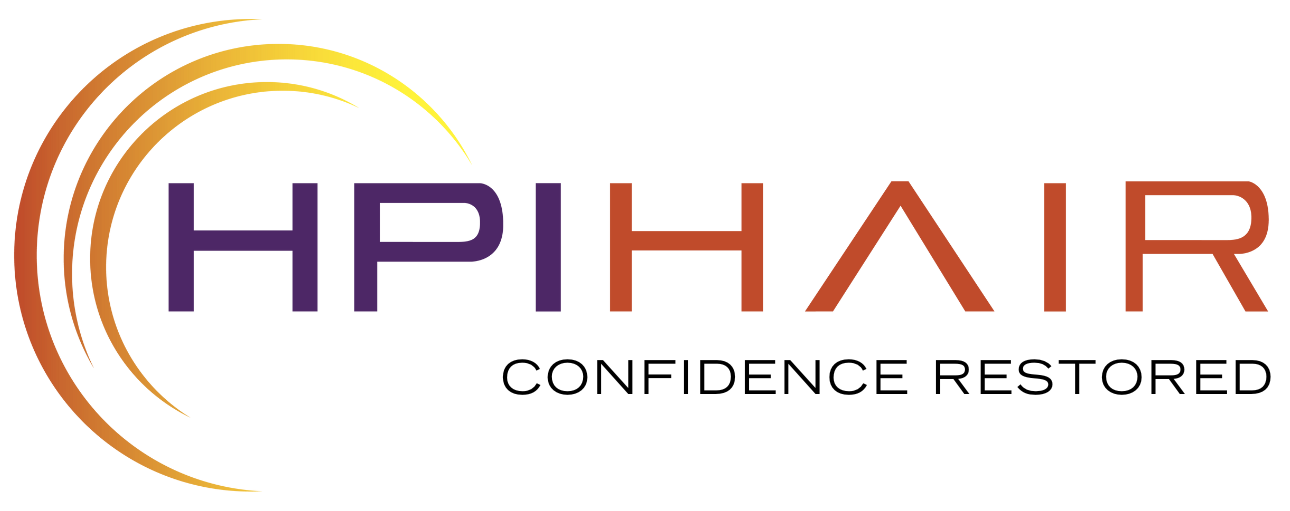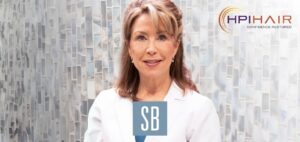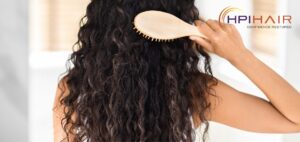Combat hair loss with our effective solutions. Regain confidence today!
Hair loss is a common occurrence that can affect individuals of all ages, genders, and backgrounds. While it is often associated with men, women also experience hair loss and the emotional toll it can take. Understanding the statistics and exploring potential solutions is crucial for anyone experiencing this issue, including female body builders and fitness enthusiasts. Navigating the complexities of hair loss can be overwhelming, but having access to reliable information and professional guidance can make a significant difference in finding effective solutions.
The Statistics
Hair loss statistics among women reveal the prevalence and impact of this condition. According to the American Academy of Dermatology, approximately 40% of women will experience noticeable hair thinning by the age of 40. Additionally, by the age of 50, up to 50% of women will have to deal with some form of hair loss. These statistics highlight the widespread nature of the issue and emphasize the importance of addressing it proactively.
Furthermore, the emotional burden of hair loss cannot be overlooked. Studies have shown that women experiencing hair loss often report feelings of decreased self-esteem, anxiety, and depression. These emotional challenges can be particularly relevant for female body builders and fitness enthusiasts, as self-confidence and body image play significant roles in their lives. Understanding the impact of hair loss on mental well-being is vital for developing holistic solutions.
Factors Contributing to Hair Loss in Women
Several factors contribute to hair loss in women, ranging from genetic predisposition to hormonal imbalances and lifestyle choices. Understanding these factors is essential for addressing the root causes and seeking appropriate treatments. Some of the common factors that contribute to hair loss in women include:
– Genetics: Hereditary hair loss, also known as female pattern baldness, can be a significant factor for many women. Understanding familial tendencies and genetic predispositions can provide valuable insights for personalized treatment approaches.
– Hormonal Changes: Fluctuations in hormone levels, particularly during pregnancy, childbirth, and menopause, can lead to temporary or prolonged hair loss. Balancing hormonal changes through appropriate medical interventions can help mitigate the effects of hair loss.
– Medical Conditions: Certain medical conditions, such as thyroid disorders and autoimmune diseases, can contribute to hair loss in women. Addressing the underlying medical conditions is crucial for managing hair loss effectively.
– Lifestyle and Nutrition: Poor nutrition, extreme dieting, and high-stress levels can impact hair health and contribute to thinning or shedding. Integrating a balanced diet and stress management techniques can support overall hair health.
Seeking Solutions for Hair Loss
Seeking solutions for hair loss should involve a comprehensive approach that addresses both the physical and emotional aspects of the condition. Female body builders and fitness enthusiasts can benefit from tailored approaches that align with their active lifestyles and specific needs. Some effective solutions for addressing hair loss in women include:
– Topical Treatments: Over-the-counter and prescription topical treatments, such as minoxidil, can promote hair regrowth and improve hair density. Consulting with a dermatologist or hair specialist can guide individuals in choosing suitable topical solutions.
– Professional Procedures: Advanced treatments like laser therapy, platelet-rich plasma (PRP) therapy, and hair transplant procedures offer substantial results for women experiencing hair loss. These procedures should be performed by qualified professionals to ensure safety and efficacy.
– Nutritional Support: Integrating hair-supporting nutrients and supplements into the diet can positively impact hair health. Essential vitamins and minerals, including biotin, iron, and vitamins A and D, play crucial roles in supporting hair growth and strength.
– Emotional Support: Addressing the emotional impact of hair loss is equally important. Seeking support from mental health professionals and engaging in self-care practices can help mitigate the emotional distress associated with hair loss.
Schedule Appointment
Hair loss in women is a multifaceted issue with far-reaching effects on both physical appearance and emotional well-being. Understanding the statistics, identifying contributing factors, and exploring effective solutions are essential steps in addressing this concern. Female body builders and fitness enthusiasts can approach hair loss with a proactive mindset, seeking personalized treatments and professional guidance to maintain optimal hair health. By prioritizing holistic approaches and staying informed, women can navigate the challenges of hair loss with confidence and resilience.









